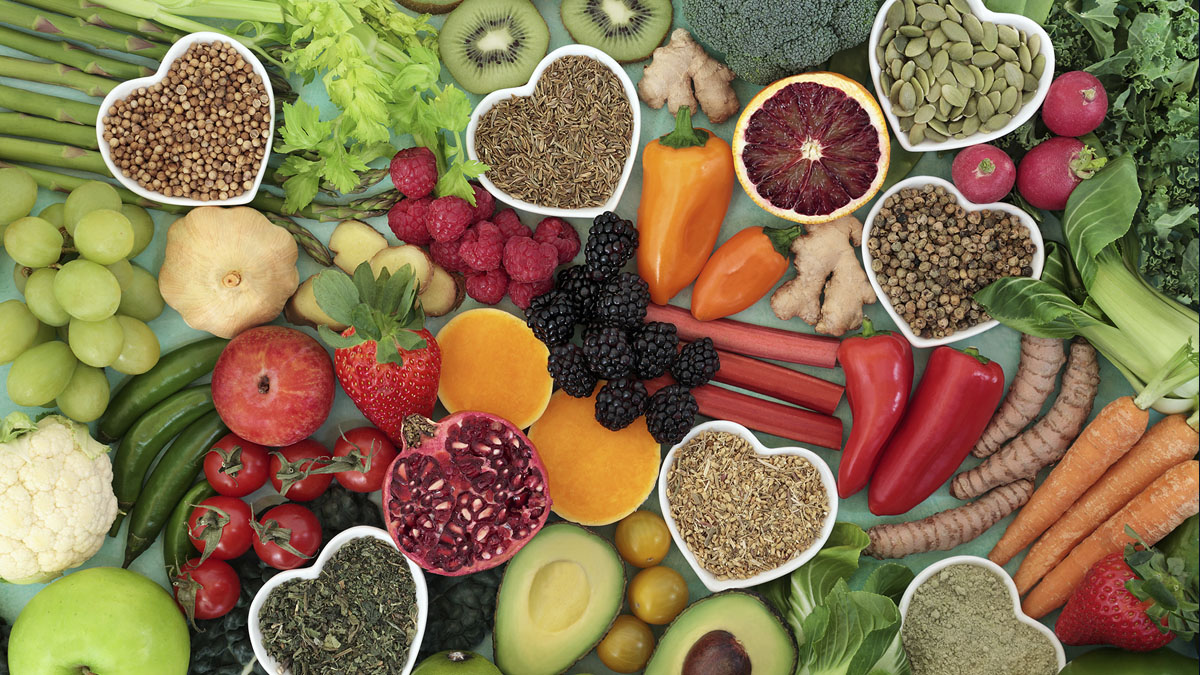A balanced diet is the foundation of good health. It provides the body with the necessary nutrients to function optimally, supports growth and development, and reduces the risk of chronic diseases. Understanding the key components of a balanced diet is essential for making informed dietary choices that promote overall well-being. In this article, we will explore what constitutes a balanced diet and the importance of incorporating these essential components into your daily meals.
The Components of a Balanced Diet
- Protein: Protein is vital for the growth, repair, and maintenance of cells, tissues, and muscles. It is essential for the production of enzymes, hormones, and antibodies. Good sources of protein include lean meats, poultry, fish, eggs, dairy products, legumes, and tofu.
- Carbohydrates: Carbohydrates are the body’s primary source of energy. They provide glucose, which the body uses for fuel. Whole grains, such as brown rice, quinoa, and whole wheat pasta, as well as fruits and vegetables, are excellent sources of complex carbohydrates.
- Fats: Healthy fats play a crucial role in overall health. They provide energy, support cell growth, and help absorb fat-soluble vitamins. Sources of healthy fats include avocados, nuts, seeds, olive oil, and fatty fish like salmon and mackerel.
- Fiber: Fiber is essential for maintaining a healthy digestive system and can help prevent various health conditions, including heart disease and constipation. It can be found in whole grains, fruits, vegetables, and legumes.
- Vitamins: Vitamins are organic compounds that regulate various bodily functions, such as immune response, bone health, and blood clotting. A balanced diet should include a variety of fruits and vegetables to ensure you get a broad spectrum of vitamins.
- Minerals: Minerals like calcium, iron, and potassium are essential for maintaining bone health, transporting oxygen in the blood, and regulating blood pressure. Dairy products, leafy greens, and lean meats are good sources of minerals.
- Water: Staying adequately hydrated is critical for all bodily functions. Water helps regulate temperature, transport nutrients, and eliminate waste. Aim to drink at least eight glasses of water per day.
- Antioxidants: Antioxidants like vitamins C and E help protect the body against free radical damage, reducing the risk of chronic diseases. Foods rich in antioxidants include berries, citrus fruits, nuts, and leafy greens.
- Probiotics: Probiotics are beneficial bacteria that support gut health. Yogurt, kefir, sauerkraut, and other fermented foods are excellent sources of probiotics.
- Macronutrient Balance: A balanced diet should maintain an appropriate ratio of macronutrients—proteins, carbohydrates, and fats. The recommended distribution is typically around 10-35% of calories from protein, 45-65% from carbohydrates, and 20-35% from fats.
The Importance of a Balanced Diet
- Nutrient Sufficiency: A balanced diet ensures that you receive all the essential nutrients your body needs for optimal functioning.
- Weight Management: It helps maintain a healthy weight by providing the necessary nutrients without excessive calories.
- Disease Prevention: A balanced diet reduces the risk of chronic diseases such as heart disease, diabetes, and certain cancers.
- Energy and Vitality: It provides the energy required for daily activities and supports an active lifestyle.
- Mental Health: Proper nutrition has a profound impact on cognitive function and mood regulation.
- Digestive Health: A balanced diet promotes regular bowel movements and a healthy gut.
A balanced diet is the cornerstone of good health and well-being. It provides the body with the necessary nutrients to thrive and reduce the risk of chronic diseases. By incorporating a variety of foods from all food groups and focusing on nutrient-rich options, you can achieve and maintain a balanced diet that supports your overall health. Remember that the key to a balanced diet is moderation, variety, and a focus on whole, unprocessed foods. Your body will thank you for making these healthy choices.


